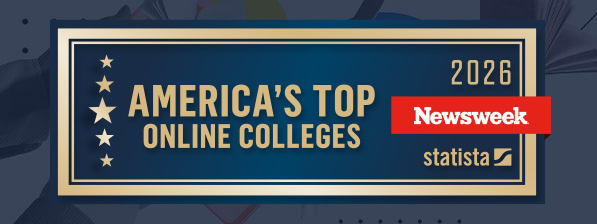
When you think of the activity of reading, what comes to mind?
For some, reading may come with memories of curling up on rainy days with a cup of tea and a blanket and being immersed in another’s story. You may be a frequent visitor to the library or bookstore, where they know you by name and which genres you gravitate toward.
Reading tends to be a common activity for adults, with about 74% of adults reporting they had read at least one book within the past year in 2018, according to Statista. Yet the average time we spend reading is actually quite low. The Bureau of Labor Statistics reports the average daily reading time for adults ranges from about 7 to 18 minutes, with those 65 and up with an average between 35 and 51 minutes.
People read for various reasons, whether for pleasure, to learn or to stay up-to-date on the latest news and trends. Whatever your reason, reading comes with valuable benefits at every age. While the medium in which reading materials are consumed have transitioned to a more digital, online focus, people still want and need to read.
A stipulation of reading for fun is that the material you read is not directly linked to an assignment from either work or school. You choose what you read and do so to invest in yourself and to bring yourself joy.
But what if you think you just don’t have time to read, think you’re too slow at reading or just don’t like it?
Whatever your reading mindset, engaging in this activity brings value to your work, personal and school life.
Reasons Why You Should Read Just for Fun
Here we share seven reasons why you should be reading just for the fun of it.
1. Grow Your Vocabulary
Have you ever wanted to impress your friends with large, fancy words? Come across them and learn their meaning from reading in your spare time. Growing your vocabulary can expand your word choice you use in writing and help you learn more about language. And, sure it might make you sound smart to your friends.
2. Learn Something
Just because you’re reading for fun doesn’t mean you can’t learn something at the same time. Whether a fiction or non-fiction book, story or article, you can continue to learn about a particular setting, an era in history, a leadership principle, how you can improve your mental health and so much more. Use what you learn to apply to your career or personal life in continuing to become the best version of yourself. With genres like biographies, historical fiction, adventure, self-help, drama, business and several others, there’s sure to be a collection of books that interest you and can bring new insight to you.
3. Reduce Stress
This doesn’t include that last-minute textbook reading you need to finish for class or a proposal you need to review for work. Reading to reduce stress involves choosing a genre you enjoy and taking a break from the regular hectic environment we often find ourselves in. Pausing for a stretch of time, whether short or long, can help you refocus, relax and approach your life circumstances in a new light.
4. Grow Your Imagination
Having a strong imagination isn’t just for kids. While we can have the tendency to grow out of our imaginative, creative selves as we get older, imagination and creativity are skills that can be applied in any environment. Expand your imagination through learning and experiencing stories and information from nonfiction and fiction books, magazines and articles.
5. Become a Better Writer
Experienced and thoughtful author Annie Dillard has written several published works, including many about the art of writing. In her book “The Writing Life,” she writes, “He is careful of what he reads, for that is what he will write. He is careful of what he learns, for that is what he will know.” In this simple phrase, she demonstrates the importance for writers to be readers, as one affects the other.
As students, employees, parents and leaders, we’re communicators—whether through written word or speech. What we read influences that communication. In reading more, you can learn from other author’s communication styles and discover new ways to express an idea or concept. Good writers are frequent readers.
6. Improve Brain Function
As reading is a mental exercise, the activity also provides helpful benefits for your brain. Psychology Today notes a study from “Brain Connectivity” which found that reading fiction can improve brain connectivity and help brain functioning. Immersing yourself in the setting and scene the author creates for you allows you to experience the story from the character’s point of view.
7. It’s a Convenient Pastime
Have a phone, tablet, computer or some other device near you? Just like that, you’ve got access to an abundance of reading material right at your fingertips. Whether you’re waiting in line at the grocery store check-out, at halftime for your daughter’s soccer game or just need a mental break from a tough assignment, you can access the latest news, an ebook, an article shared through social media and so much more. If you’re not in the mood to use your eyes, you can also just use your ears.
Be a Reader With Education
Did you know that you’re more likely to be a reader as a college graduate? The Pew Research study found that college graduates are five times as likely to read a book than those with a high school diploma or less. No matter your age or career path, reading can provide you with a plethora of benefits you can apply wherever you are. And a degree program can help you enhance your reading skills while also bringing that valuable practical application to your life. Discover how you can develop your reading habit while also achieving your personal and professional goals. Connect with our enrollment team or see our degree programs for more information.










